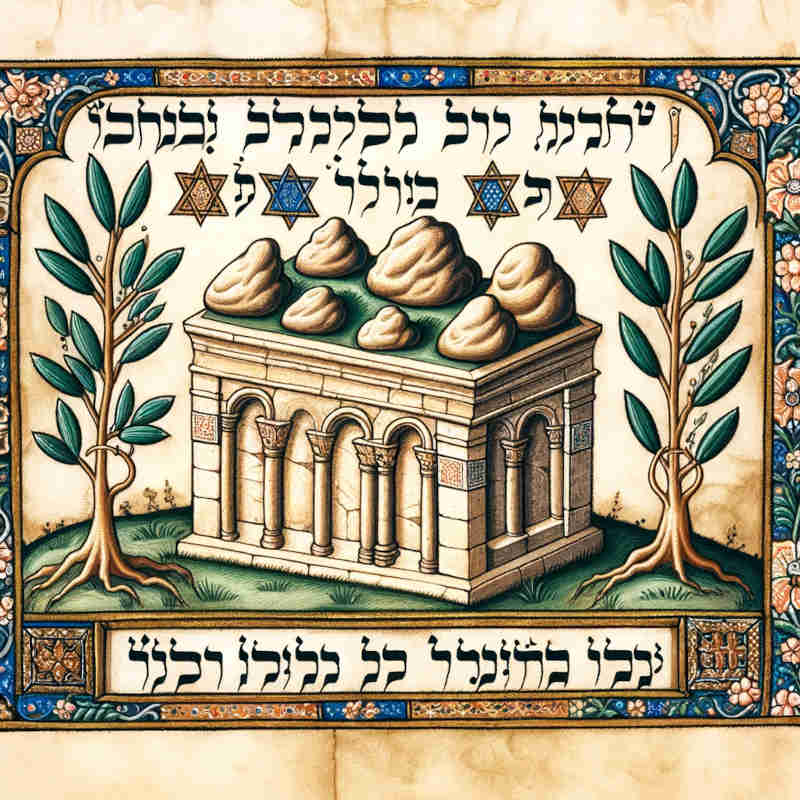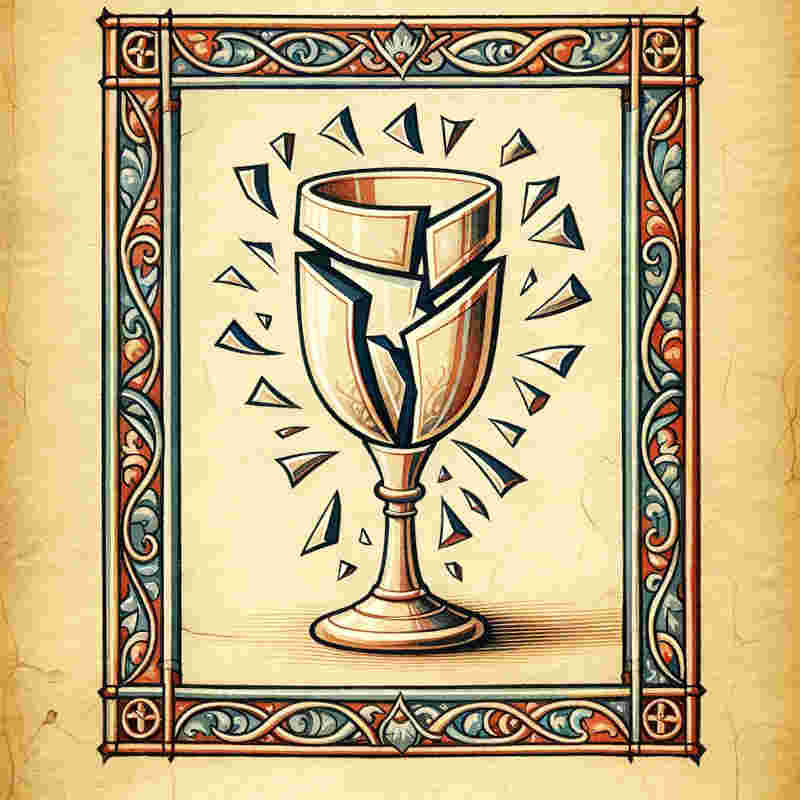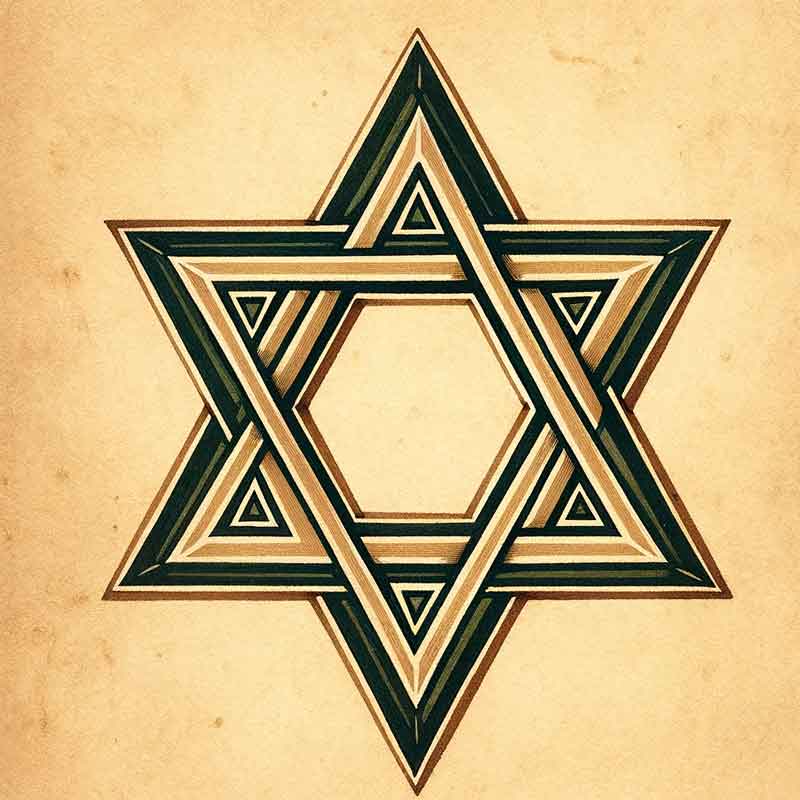Dear Rabbi Joshua,
My name is Aviella and I’ve recently visited a Jewish cemetery. I noticed that many of the graves had stones placed upon them. Could you please explain the significance of this tradition within Judaism?
The Tradition of Leaving Stones
Aviella, your observation touches upon a deeply rooted custom in Jewish tradition. The practice of placing stones on graves is a symbol of respect and remembrance. This act serves as a physical manifestation of the visitor’s presence and their reverence for the deceased. The stone signifies that the memory of the person’s soul continues to resonate even after they have passed from the world of the living.
Historical and Halachic Origins
The origin of this custom is not explicitly mentioned in the Torah or Talmud but is believed to date back to ancient times. One of the practical reasons was to ensure that kohanim (priests), who are prohibited from coming into close contact with the dead, would be able to avoid inadvertently walking over graves which were often unmarked. In halachic texts, the act of placing a stone is seen as a way of participating in the mitzvah of matzevah, setting up a marker for the grave, which honors the deceased.
Spiritual Significance
In a spiritual sense, stones represent permanence and strength. Unlike flowers, which may be another common way to honor the deceased in different cultures, stones do not wither; they endure through time just as the legacy of the individuals does. The Hebrew word for pebble is צְרוֹר (tzror), which also means ‘bond.’ When we place a stone, it is as though we are contributing to a collective bond with the departed, linked through the generations.
Contemporary Reflections
Today, this custom also serves as a gentle reminder of our mortality and the everlasting bond between the living and the dead. Each stone, unique in its shape and size, is reflective of the individual’s impact on the lives they touched. It is a practice that unites us in our humanity and the shared acknowledgment that our loved ones continue to influence us beyond their physical presence.
Aviella, may the memories of those you honor be for a blessing, and may the stones you lay bring comfort to your soul and connect you to the eternal Jewish tradition of remembrance.
Warmly,
Rabbi Joshua


